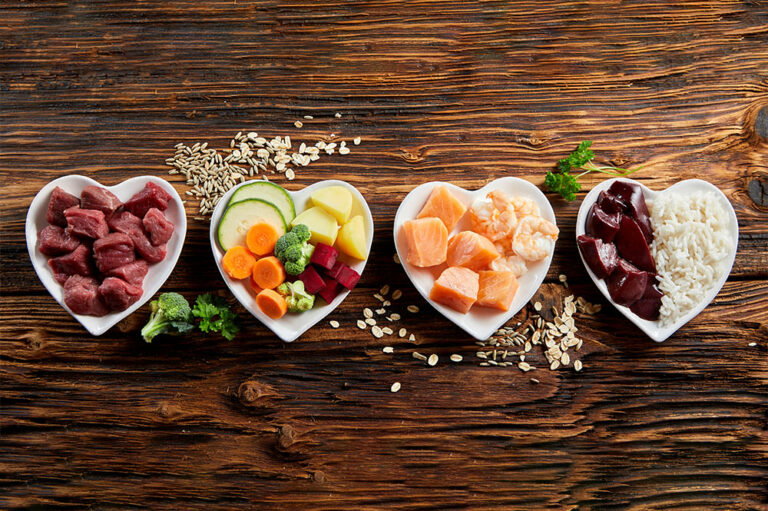Chronic obstructive pulmonary diseases (COPD) like emphysema and chronic bronchitis are inflammatory lung conditions that make it difficult for a person to breathe. One may experience wheezing, coughing, or excessive mucus formation. Usually, long-term exposure to irritating gases, dust, chemicals, or burning fuels puts one at risk of developing the disease. While many treatments are available, food and drinks play a significant role in managing COPD side effects and flare-ups.
8 best foods for managing COPD
Here are a few foods that may help COPD patients:
Eggs and nuts
Rich in protein, eggs, and nuts like walnuts, cashew, and almonds can help restore energy, strengthen respiratory muscles, and reduce muscle loss.
Oats, quinoa, and whole grains
Whole grain cereals, bread, barley, quinoa, and oats are all fiber-rich. COPD patients are at risk of developing heart diseases. Fiber helps regularize bowel movements, keep the digestive tract clean, and lower cholesterol levels. This reduces the risk of heart disease, constipation, and bloating, making breathing difficult for COPD patients.
Almond milk and uncooked mushrooms
Almond milk and mushrooms are high sources of vitamin D. COPD patients may experience brittle bones, and Vitamin D is a key nutrient in maintaining the health of both lungs and bones. Vitamin D deficiency may lead to more frequent COPD flare-ups.
Fish
Oily fish like salmon, mackerel, and sardines is another great source of protein and omega-3 fats, giving COPD patients the necessary energy and nutrient boost. Salmon, tilapia, flounder, and tuna fish also contain vitamin D, which is essential for bone health.
Green leafy vegetables and fruits
Leafy greens are a rich source of fiber, omega-3 fatty acids, essential vitamins, and minerals. They have anti-inflammatory effects on one’s body, are easy to digest, and meet one’s daily energy needs.
Avocados and bananas
Avocados and bananas contain high potassium levels, which are vital for lung function, and help ease breathing issues.
Water
COPD patients produce excessive mucus and phlegm, so staying hydrated can help thin the mucus and clear the airway. One can drink other fluids like herbal teas, fresh fruit juices, and chicken broth. These alternatives can provide nutrients, won’t fill the stomach, and keep one hydrated. Water-rich foods like melons, cucumbers, and celery can also be beneficial.
Milk
Since COPD patients have weaker muscles, they can benefit from whole milk and milk products like cheese and yogurt, which have high-fat content and protein. Lactose-intolerant people are advised to consult a doctor before consuming milk-based products.



